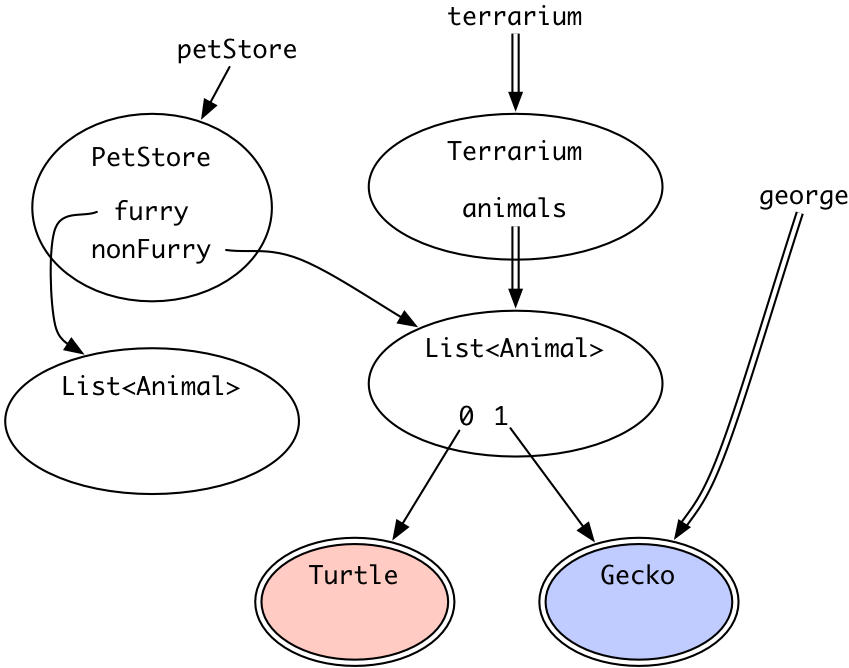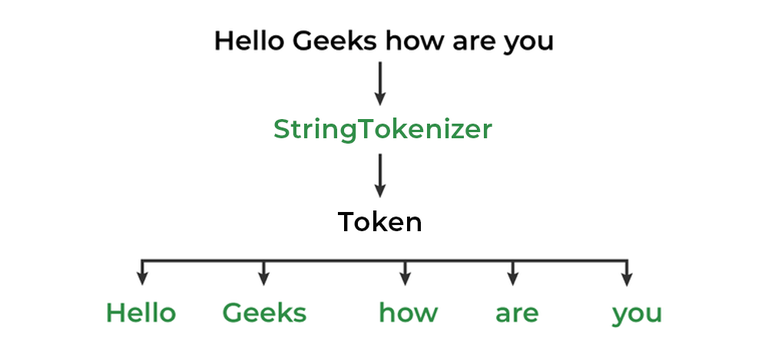Why Are Strings Immutable in Java? Vital Understanding for Programmers
Wiki Article
What Is Unalterable Strings and Exactly How It Functions
In the realm of programs, comprehending the concept of unalterable strings is vital for producing durable and safe and secure applications. Unalterable strings refer to strings that can not be modified after they are produced, guaranteeing information honesty and predictability within the code.The Essentials of Immutable Strings
Immutable strings, as a basic concept in shows, are personality series that can not be transformed once they are developed. This indicates that as soon as a string is assigned a value, that worth can not be altered. In languages like Python and Java, strings are unalterable items, resulting in different ramifications in regards to memory monitoring and information honesty.Among the crucial benefits of unalterable strings is that they offer a complacency in information manipulation. Considering that the content of an unalterable string can not be changed, it makes sure that the original data stays intact, decreasing the risk of unintended changes throughout program execution (Why are strings immutable in Java?). This residential property additionally simplifies debugging processes, as developers can rely on that when a string is defined, its worth will certainly not be inadvertently altered
When a brand-new string is produced based on an existing one, instead than modifying the original string, the brand-new worth is stored independently. Generally, recognizing the essentials of unalterable strings is vital for understanding shows principles and enhancing code efficiency.
Benefits of Immutable Strings
Building upon the safety and security and efficiency advantages of immutable strings, their benefits extend to improving code integrity and streamlining simultaneous programs tasks. By being immutable, strings can not be modified after development, which eliminates the risk of unplanned modifications in the information they store. This intrinsic immutability makes sure that when a string is developed, its value remains continuous throughout the program's execution, lowering the chances of bugs brought on by unforeseen modifications.Furthermore, unalterable strings add to code dependability by making it simpler to reason concerning the state of a program. Since strings can not be transformed, programmers can rely on that a string will always hold the exact same worth, simplifying debugging and upkeep initiatives. This predictability causes much more reliable and stable codebases.

Execution in Programs Languages
Within numerous programming languages, the consolidation of unalterable strings is an essential facet that influences how information is taken care of and manipulated within code frameworks. The implementation of immutable strings varies why not try these out throughout different programming languages, with each language offering its own mechanisms to sustain this concept.

On the other hand, languages like C and C++ do not have built-in assistance for unalterable strings. Developers in these languages should manually execute immutability by implementing guidelines within their code to avoid direct alterations to string things.
Finest Practices for Dealing With Unalterable Strings
When taking care of immutable strings in programs languages like Java and Python, sticking to best methods makes sure safe and effective information manipulation. Among the essential best practices is to utilize StringBuilder or StringBuffer rather than directly adjusting strings, specifically when handling extensive concatenation operations. These courses give mutable options for string manipulation, aiding to stay clear of unnecessary memory allowances and boosting efficiency.In addition, when working with sensitive information such as passwords or API tricks, it is essential to stay clear of storing them as simple message in immutable strings. Using safe storage space devices like char arrays or specialized collections for managing sensitive info aids minimize security threats connected with immutable strings.
Real-world Applications and Examples
Checking out practical implementations of immutable strings in different industries reveals their considerable effect on information stability and next page system dependability. In the medical care field, unalterable strings play an important function in making certain the protection and confidentiality of individual information. By stopping unauthorized alterations to sensitive details such as medical records and prescriptions, unalterable strings aid maintain compliance with strict privacy regulations like HIPAA.Banks additionally gain from the unalterable nature of strings to enhance the protection of consumer data and deal documents. Unalterable strings assist avoid fraudulence and unapproved modifications to monetary info, giving a robust protection against cyber threats and guaranteeing the count on and confidence of clients.

Verdict
In conclusion, unalterable strings are repaired and unchangeable series of personalities that use advantages such as string safety and security and boosted efficiency in programs. They are carried out in numerous shows languages to make sure information honesty and safety. Ideal techniques for dealing with unalterable strings include avoiding direct alterations and using approaches that return brand-new string things. Real-world applications of immutable strings include data security, caching, and string manipulation tasks.Unalterable strings refer to strings that can not be altered after they are created, making certain information honesty and predictability within the code. When a brand-new string is produced based on an existing one, rather than customizing the original string, the new value is stored individually.In languages like Java and Python, strings are immutable by default, meaning that once a string item is created, its value can not be changed - Why are strings immutable in Java?. Finest practices for functioning with unalterable strings include preventing direct modifications and utilizing approaches that return brand-new string items. Real-world applications of immutable strings consist of data file encryption, caching, and string adjustment tasks
Report this wiki page